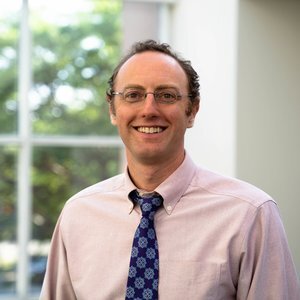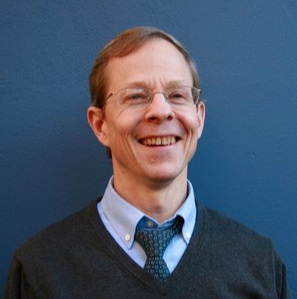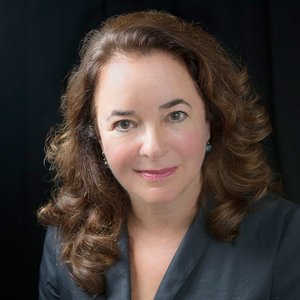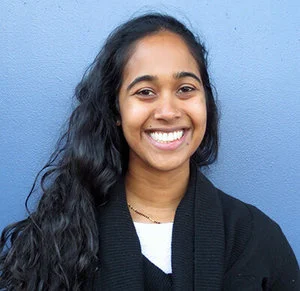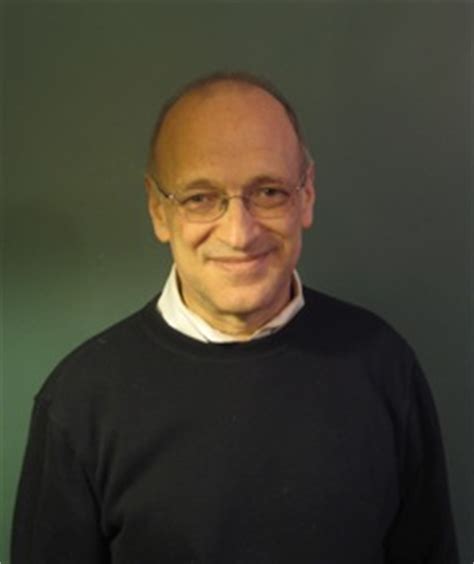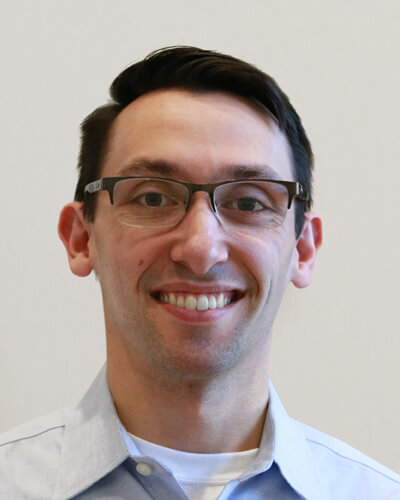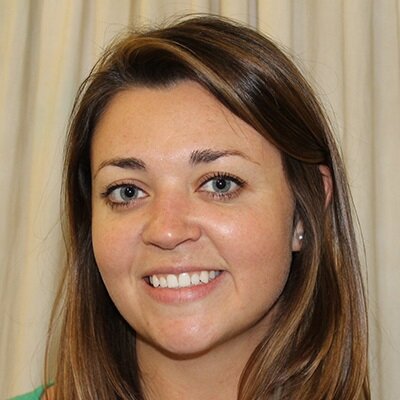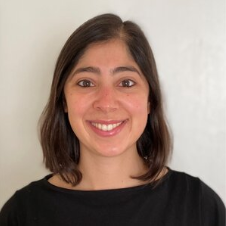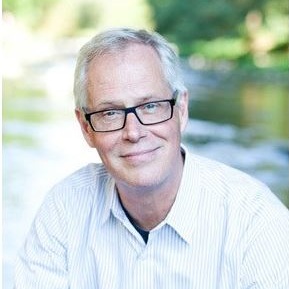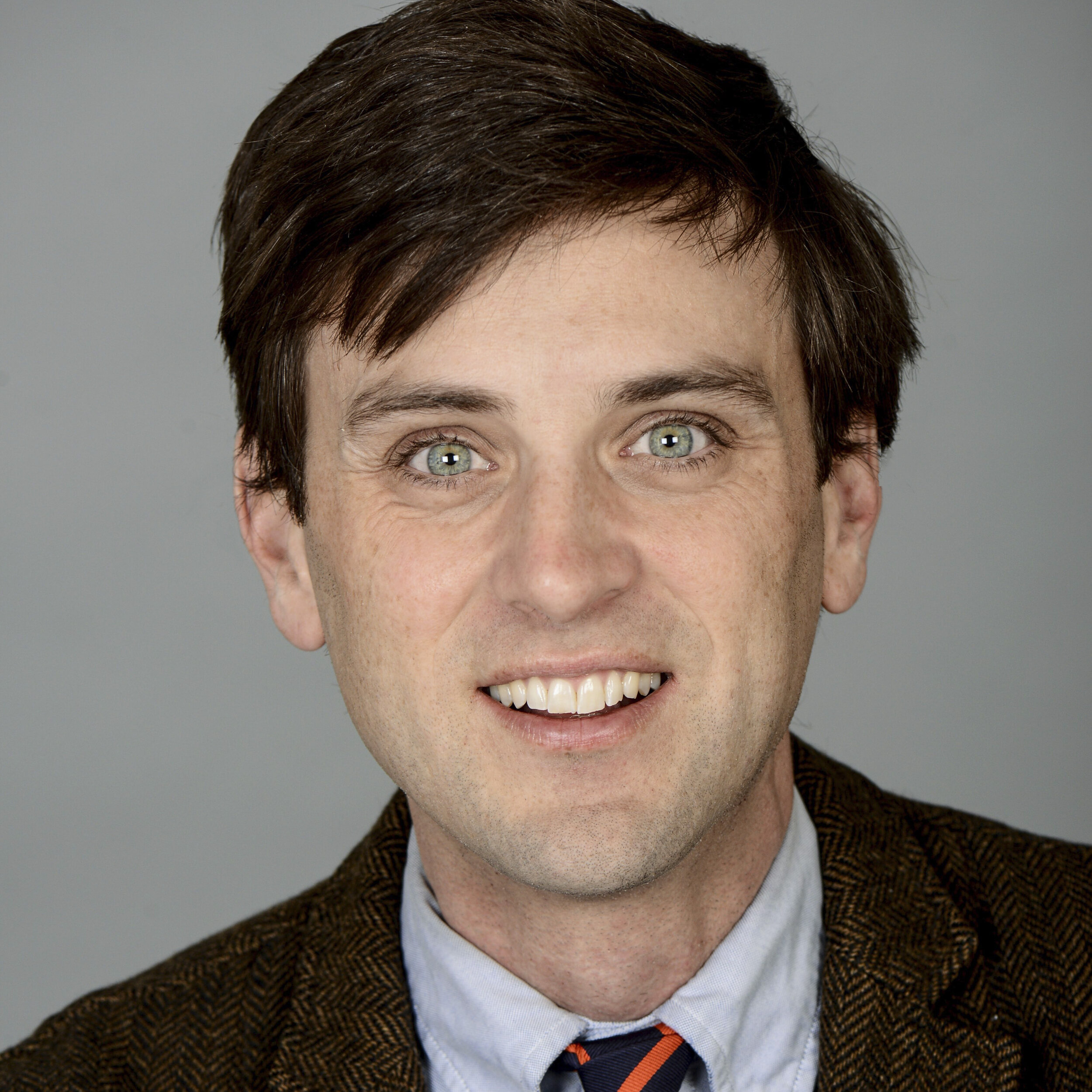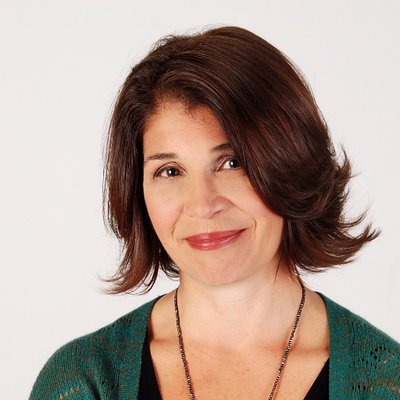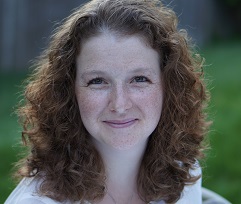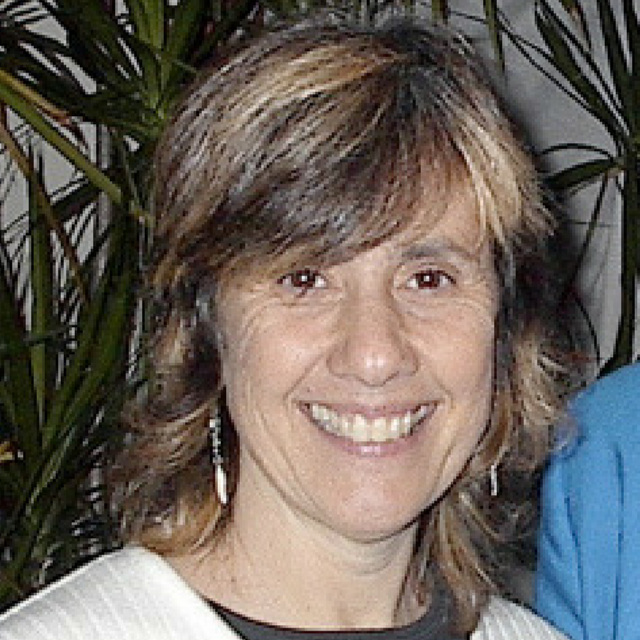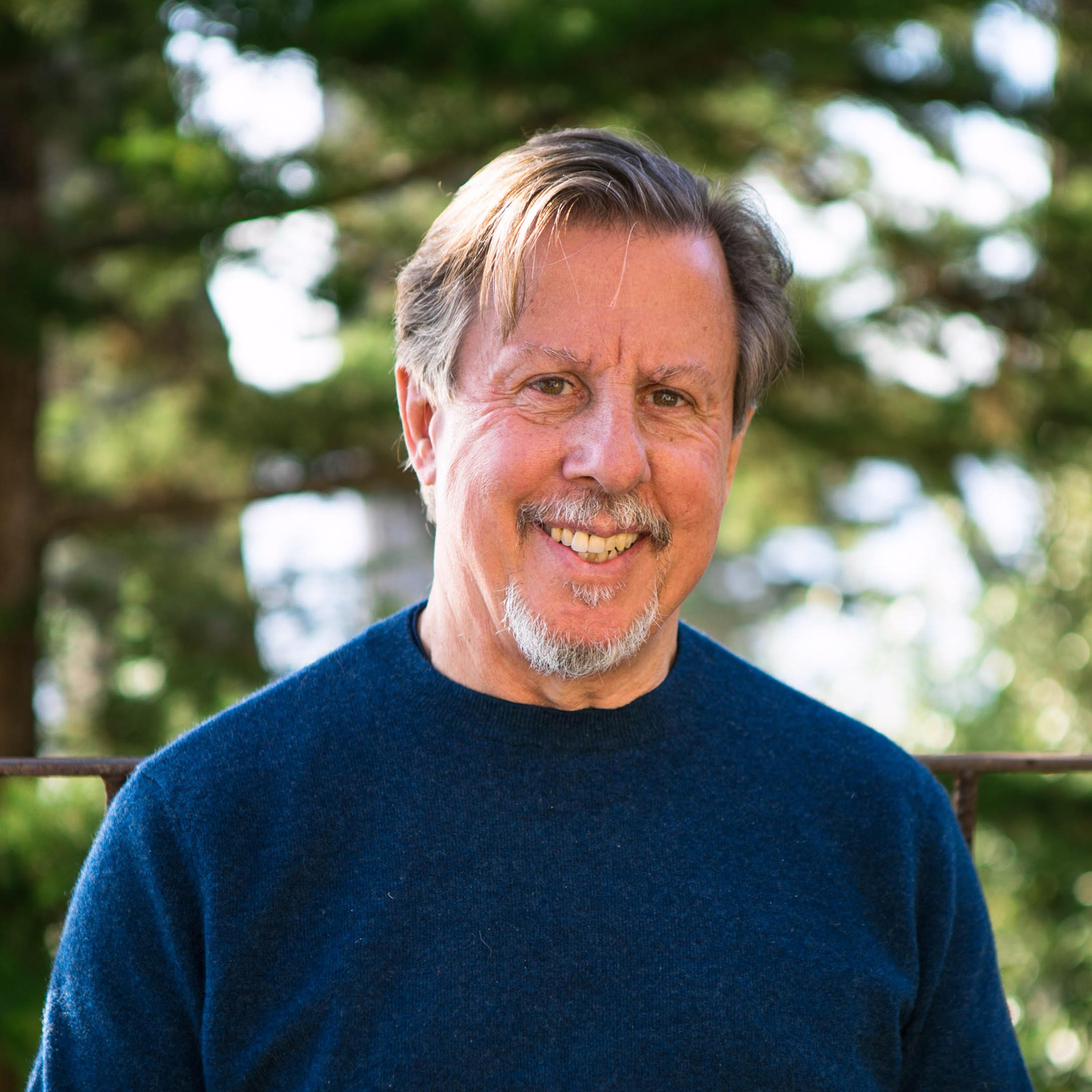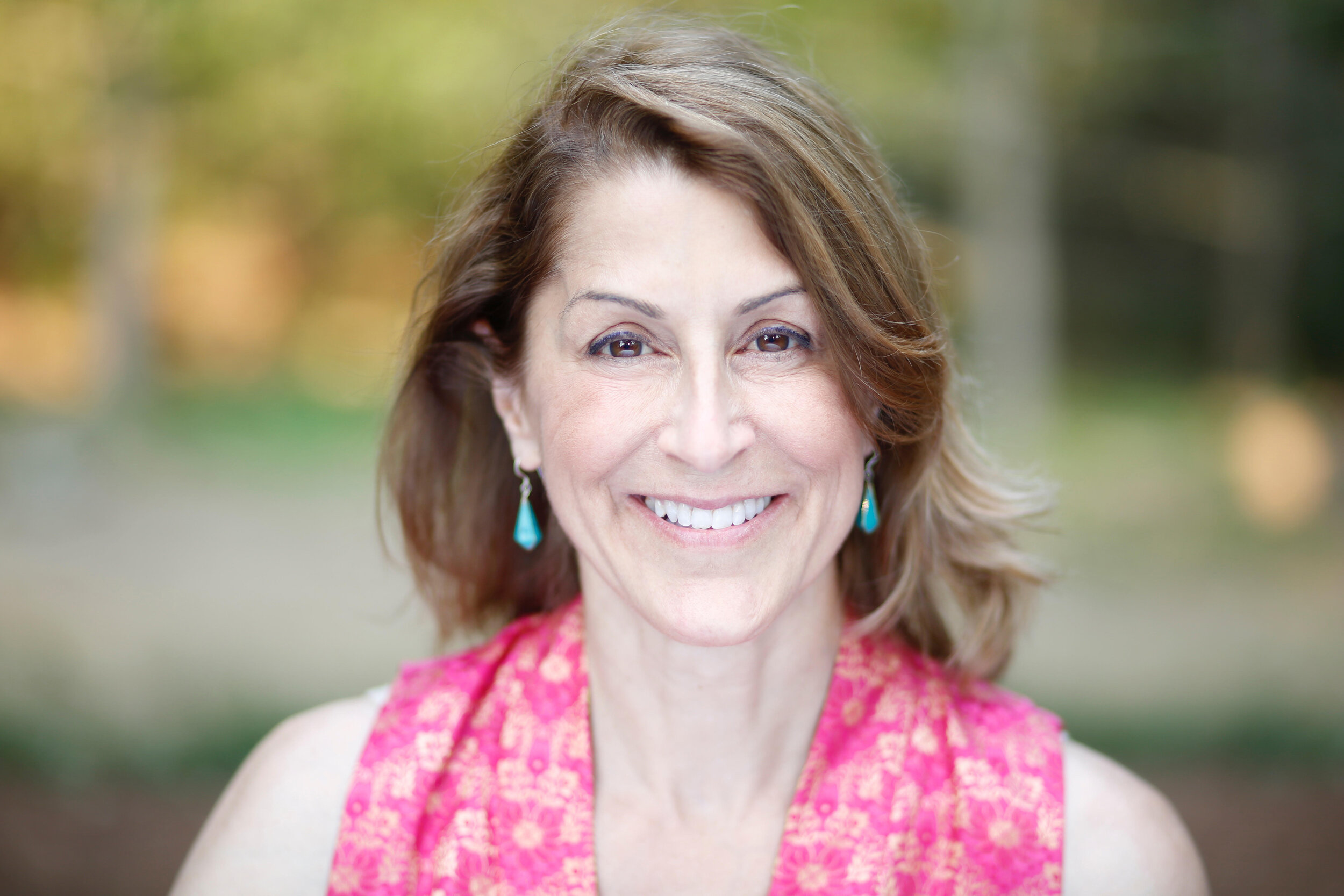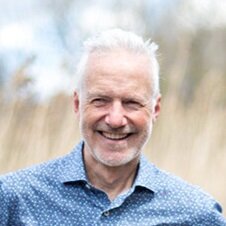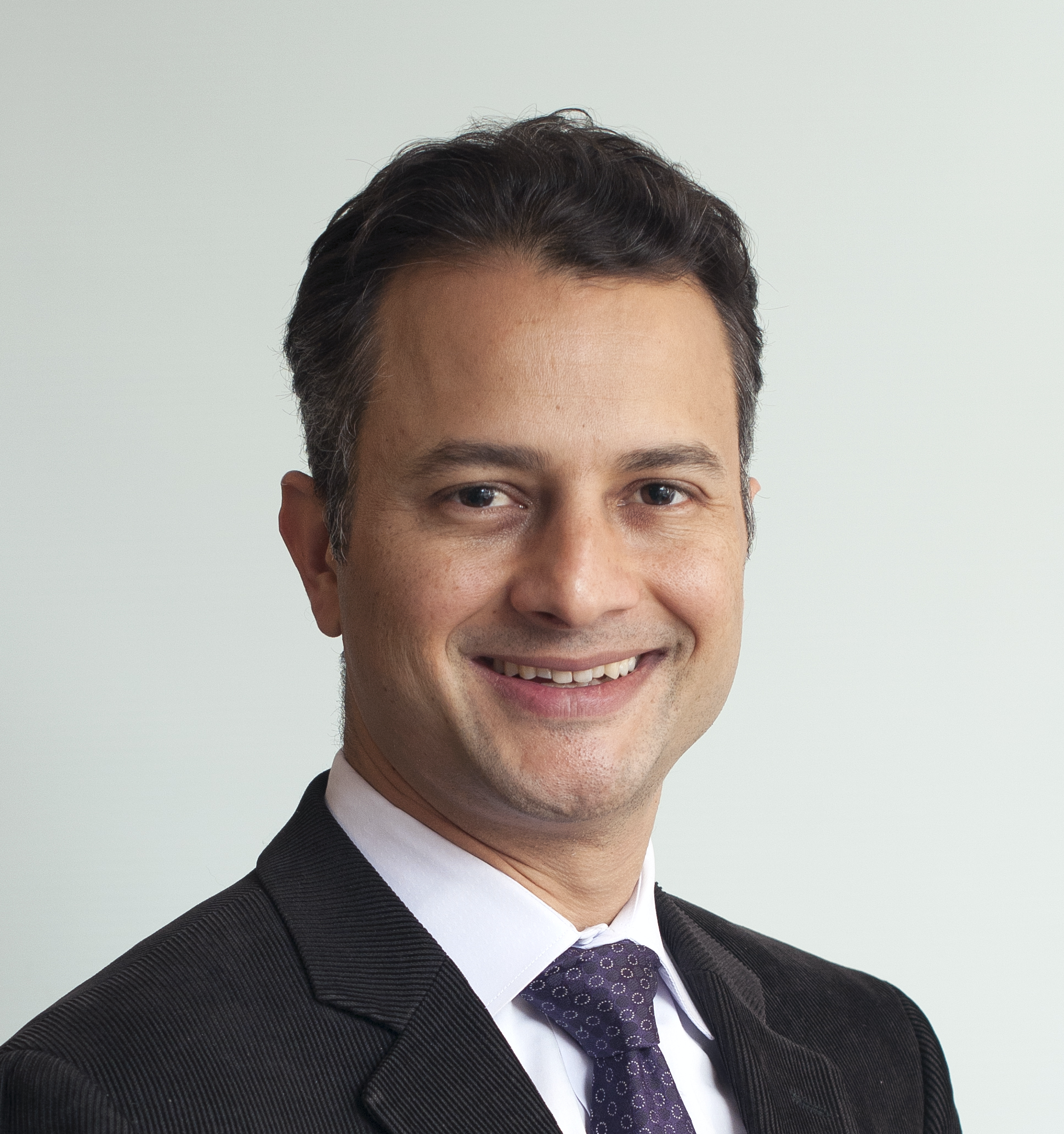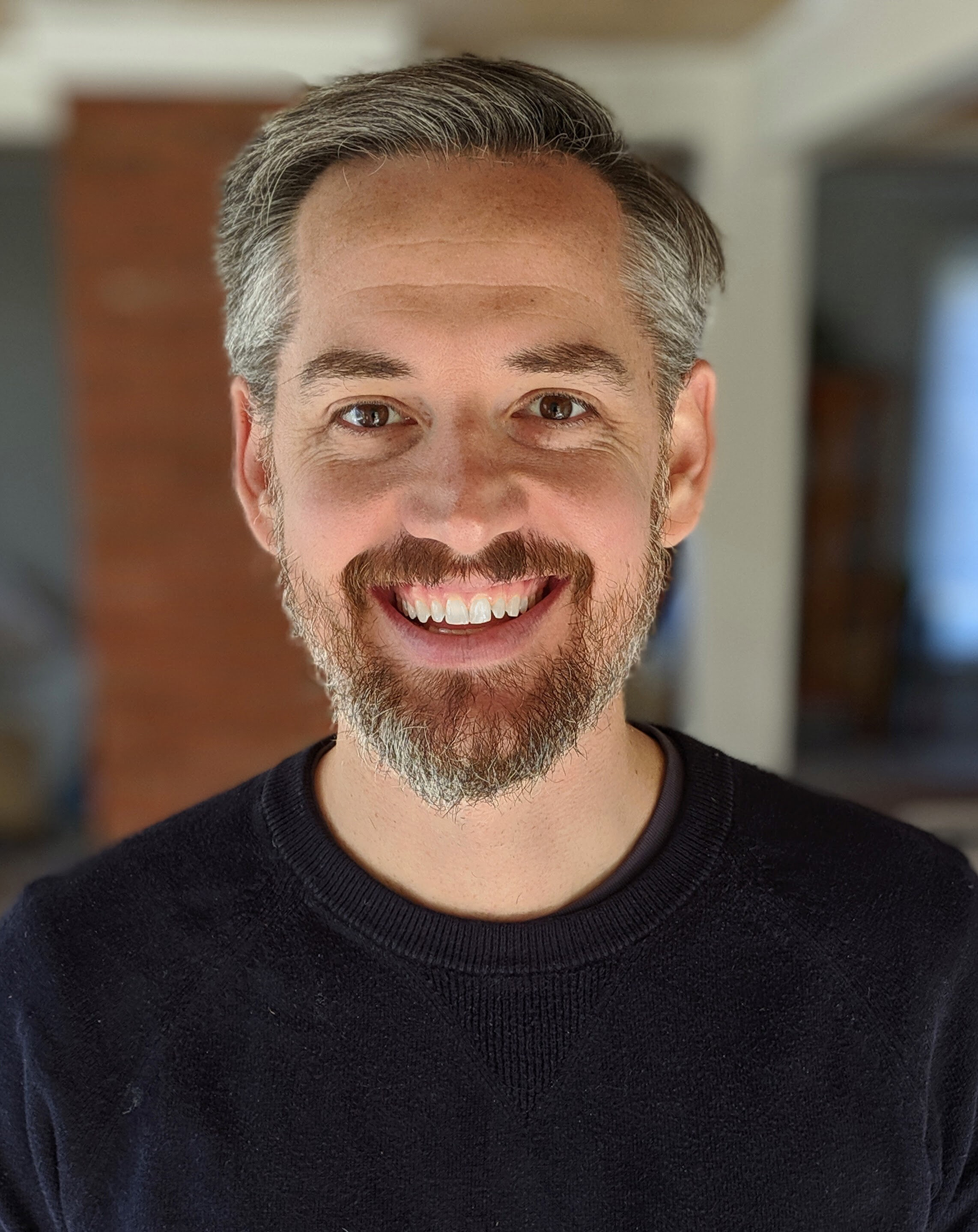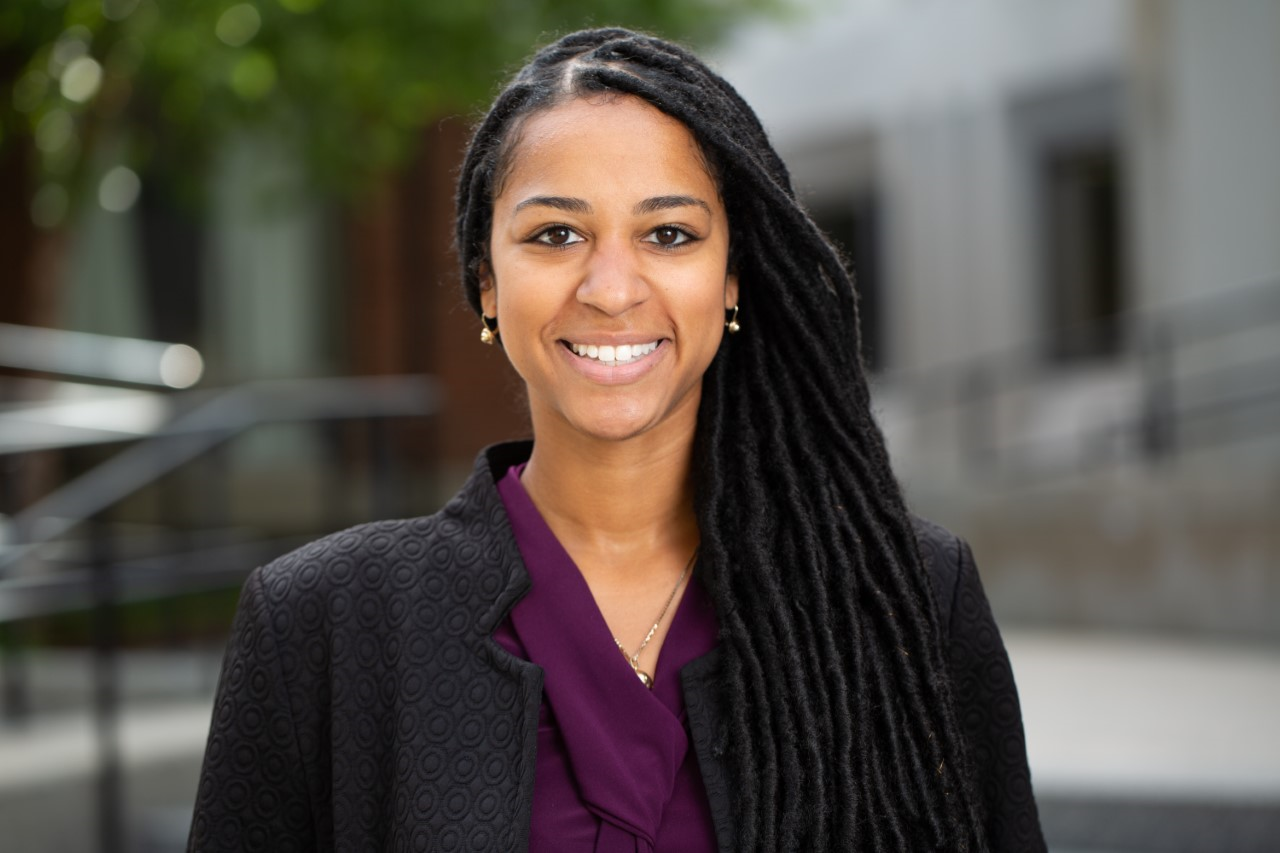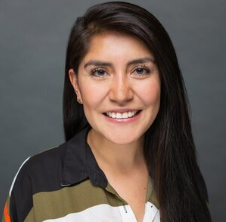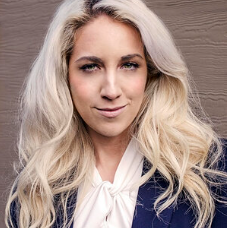Advanced Clinical Mindfulness Fellowship (ACMF)
We’re excited to introduce our Advanced Clinical Fellows for the Advanced Clinical Fellowship in Mindfulness Program.
Thank You for your interest. We are not yet accepting applications for the 2026 - 2027 fellowship. Please come back for updates at a later time.
This ACMF fellowship is a one-year half-time advanced training program within the Cambridge Health Alliance Department of Psychiatry at Harvard Medical School. The fellowship will support advanced mental health clinicians to build expertise in leading mindfulness-based psychotherapeutic interventions, both group and individual, in the healthcare setting. The fellowship involves opportunities to participate in innovative new mindfulness programs within CMC, which have expanded rapidly in the past few years.
Fellows have been centrally involved in a number of recent CMC-based initiatives, including:
1) Managing patients for the CHAMindWell program which provides population mental wellness outreach, offering mindfulness to patients preventively for resilience
2) Leading groups within the CHA Mindful Mental Health Service, which offers multiple specialized mindfulness groups for patients (MBCT, introductory groups, alumni groups, etc.)
3) Mindful Behavior Change (MBC), which integrates mindfulness training into primary care across CHA’s health system. The MBC program (originally called MINDFUL-PC) has been demonstrated to enhance self-regulation and catalyze health behavior change among people with chronic illness in primary care.
Through collaboration with the Institute for Meditation and Psychotherapy (IMP), fellows have the opportunity for supervision and mentorship from experienced, internationally-recognized supervisors. The fellowship includes a core didactic and experiential curriculum focused on deepening one’s own mindfulness practice (which enhances the ability to effectively offer this modality to others), and understanding the historical context and clinical varieties of mindfulness-based approaches to patient care.
The program includes the following components:
1. Mindfulness-Based Intervention (MBI) Training and Clinical Group Leading Experience: This begins with fellows attending formal training to learn how to clinically lead MBCT and MBC groups for patients. After completing 2 trainings in the fall (e.g., MBCT and MBC), fellows co-lead groups for patients alongside a more experienced group leader, with ongoing supervision to hone their skills. Fellows are involved in recruiting/screening patients for groups, determining which clinical presentations are best suited for particular groups, and clinically co-leading the groups.
2. Mindfulness-Based Psychotherapy Training: This training occurs both organically through discussion with individual supervisors and in the Institute for Meditation and Psychotherapy program. These skills are applied through short-term work with individual patients at CHA who may be struggling to engage with group-based treatment, or otherwise warrant individual consultation using mindfulness-based psychotherapeutic approaches. Each fellow typically has 2 hrs/week of time reserved for individually-based treatment.
3. Didactic, Personal, and Experiential Training: This training occurs through MMHS team meetings, CMC Grand Rounds, and clinical review meetings in which complex patients are discussed. Personal mindfulness practice is supported through two experiential retreats during the IMP program, as well as regularly scheduled mentorship and supervisory meetings with local and national leaders in mindfulness. There are a series of mentorship meetings, which fellows have particularly enjoyed, that offer an opportunity to learn from and network with CMC-affiliated expert clinicians with mindfulness expertise in a number of areas (e.g., working with children, biofeedback and mindfulness, chronic pain, self-compassion, IFS, etc).
4. Academic Leadership and Learning about Integration of Mindfulness with Healthcare Systems: This training involves learning how to develop mindfulness programs that integrate into a larger healthcare institutional framework. Practical aspects of integration may include: working with insurance, partnering with primary care and population-based health approaches to patient care, educating colleagues about evidence-based practice, and collaborating across disciplines. There are often important and interesting academic projects available for fellows to contribute to or initiate with regards to specific CMC initiatives, including quality improvement, writing publications, and improving clinical programs.
You can learn more about these components here.
Eligibility:
For all applicants: Currently the fellowship exists only as a postdoctoral position for psychology, social work and psychiatry trainees (at CHA who are at the PGY4 level), with one position available for a clinician from each discipline. However, we are interested in expanding the half-time fellowship option to other trainees at some point in the future. Please check our website for updates.
As the fellowship is a half-time experience, the other 20 hours are specifically utilized within a CHA setting as follows (at this time, these combinations are not flexible, but predetermined based on clinical demands within the hospital):
Psychology Fellow: Working in primary care/behavioral health integration
Social Work Fellow: Working in the outpatient addictions service
Psychiatry PGY4 Fellow (only open to CHA psychiatry residents at the present time): completing other predetermined clinical duties at CHA
Prerequisites: All applicants are required to have participated in at least one 8-week MBI (ideally Mindfulness-Based Cognitive Therapy (MBCT), but MBSR, MTLW, or MSC are also acceptable) prior to beginning the fellowship. This can occur anywhere (it does not have to be through CMC) as long as it is an 8-week MBI, but needs to be completed prior to beginning the fellowship. CMC can potentially offer a discount on tuition for an 8-week MBI offered by CMC for any prospective fellowship candidate who expresses an intent to apply in the coming year for the fellowship.
Facility with verbal and written expression, as well as an excellent academic record is essential. Prior clinical work in both therapy and assessment, commitment to work in the public sector, and experience with persons with severe and persistent mental illness are strongly recommended. People from diverse racial, linguistic, and cultural backgrounds are encouraged to apply. Please note, however, that unfortunately, the hospital is not able to sponsor H-1B visas for postdoctoral fellows at this time. Finally, the fellowship requires several weekend day commitments for training throughout the year, and also asks that fellows can commit to being available 2 evenings per week in order to lead groups at times that are convenient for patients.
For Social Workers: More information about social work fellowship opportunities can be found at the CHA Social Work Training website.
Please review this brochure for details about the Advanced Social Work Fellowship with CMC. Interested applicants should submit a cover letter, C.V. and three letters of recommendation to John Mac, Social Work Training Coordinator at jmaccumascaigh@challiance.org.
For Psychiatrists: At this time, the fellowship is only open to CHA psychiatry residency going into their PGY4 year. Please reach out to Ahmed Sanousi (asanousi@challiance.org) in the spring of your PGY3 year to express interest and further information will be provided regarding the application process.

